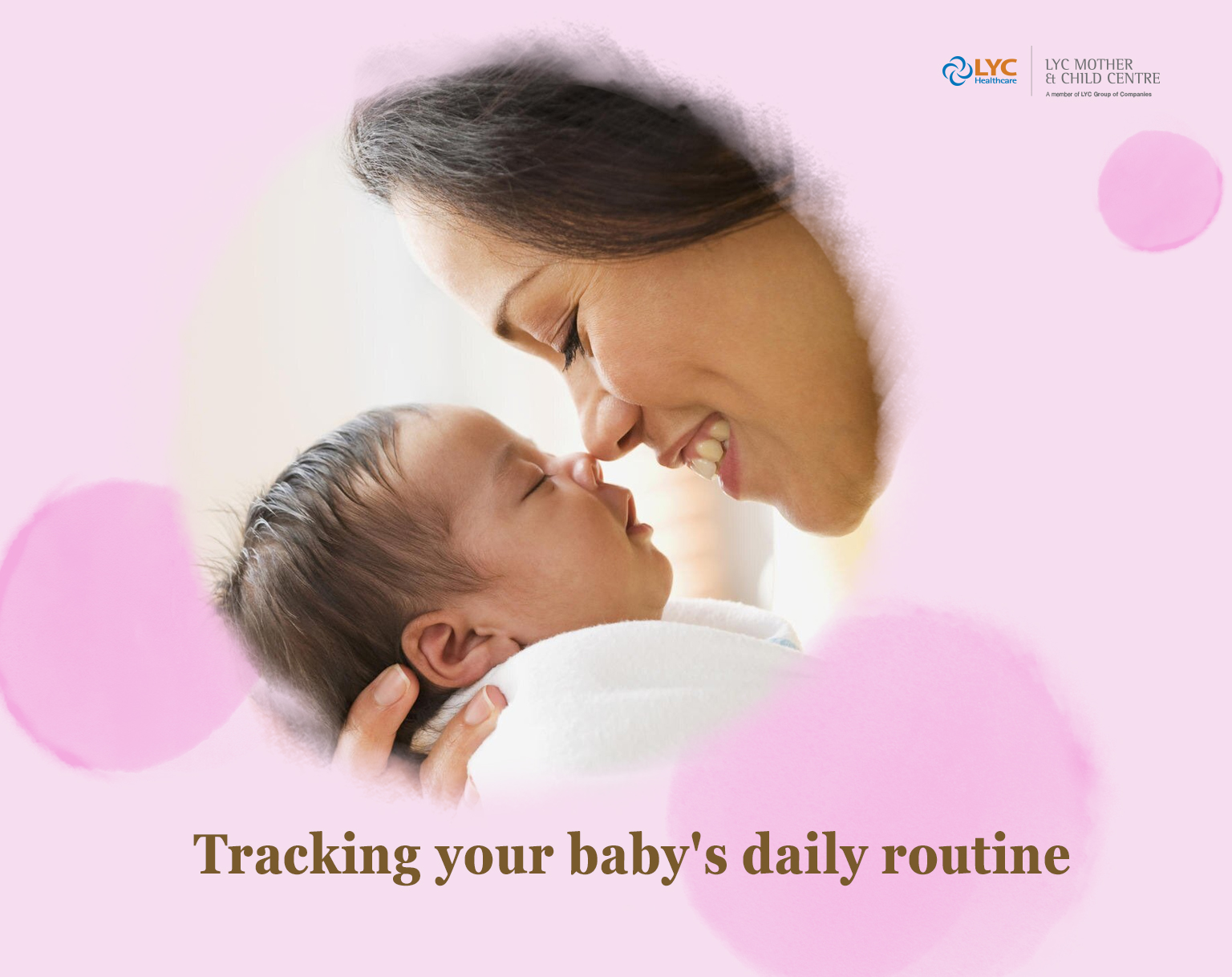
One of the most common concerns of new parents, especially if they are breastfeeding, is whether their baby is getting enough milk, as mothers cannot accurately measure how much breast milk their baby is getting. Being diligent about keeping track of when your baby feeds will not only help you feel more confident, but it will also help you spot any potential problems, such as baby digestive issues or potential food allergies.
If you are breastfeeding, write down when each nursing session begins and ends, which breast you started on, whether you switched to another breast, and how long you nursed on each breast. If you are bottle-feeding, record when each feeding session starts and ends, and how much your baby drinks.
If your baby is not reaching the recommended weight for their age, a feeding chart can help the pediatrician find out the reason, and it can also let you better understand your baby's hunger pattern and create a suitable routine for your baby.
Every baby has their own needs, so follow your baby’s cues. In general, for the first month, bottle-fed babies should drink 2 to 3 ounces every 3 to 4 hours. From the end of the first month to the sixth month, your baby should consume about 4 to 6 ounces every 4 hours. Breastfed babies generally need to feed for 20 to 60 minutes, 8 to 12 times a day.
Changing diapers can be one of the most unpleasant jobs for a new parent, but if your baby isn't feeling well, that dirty diaper can hold a lot of information. Too many dry diapers can mean your baby is at risk of becoming dehydrated, and "overfilled" diapers can mean your baby has diarrhoea.
Take note of the number of wet diapers your baby produces every day. If your baby has constipation, diarrhoea, or other bowel problems, keeping track of the colour and consistency of their stools can help your pediatrician pinpoint the cause of your upset stomach. Your baby's diaper count will help you determine if they are eating enough and if there are any digestive or health issues.
Babies under 6 months can produce about six wet diapers a day, and if they have little or no urine in 4 to 6 hours, it is likely that they are dehydrated and a visit to the pediatrician should be arranged as soon as possible.
When newborn babies are first brought home, they can be found sleeping for long periods of time. As your baby grows, new sleeping patterns emerge. Keep a record of your baby's sleep schedule, including when they fall asleep, how long they sleep, nap and nighttime sleep habits, also note the time you put your baby down, and when and why your baby wakes up (hunger, wet diaper, being disturbed, etc.).
From the records, you can see whether your baby is getting the recommended hours of sleep for their age, and can assist the pediatrician in developing a plan to let you know about specific health problems. As with feeding, tracking your baby's sleep will also help you create a routine that suits their needs.
Newborns should sleep about 16 to 18 hours a day. Babies aged 2 to 4 months usually sleep 14 to 16 hours a day. Babies aged 4 to 6 months usually sleep 14 to 15 hours a day, and babies older than 6 months usually sleep about 14 hours a day.